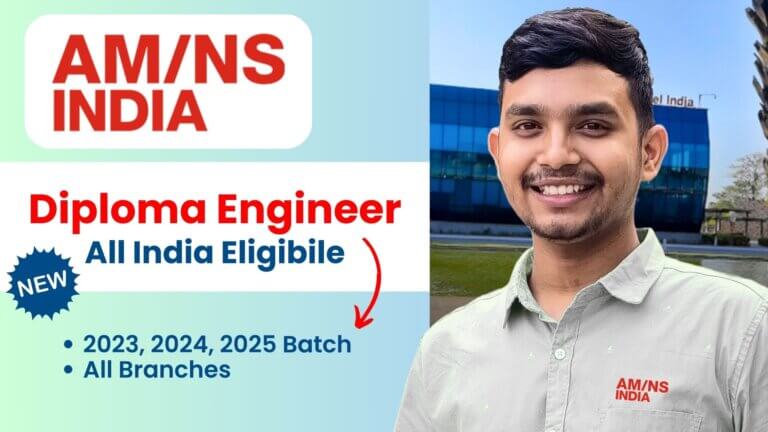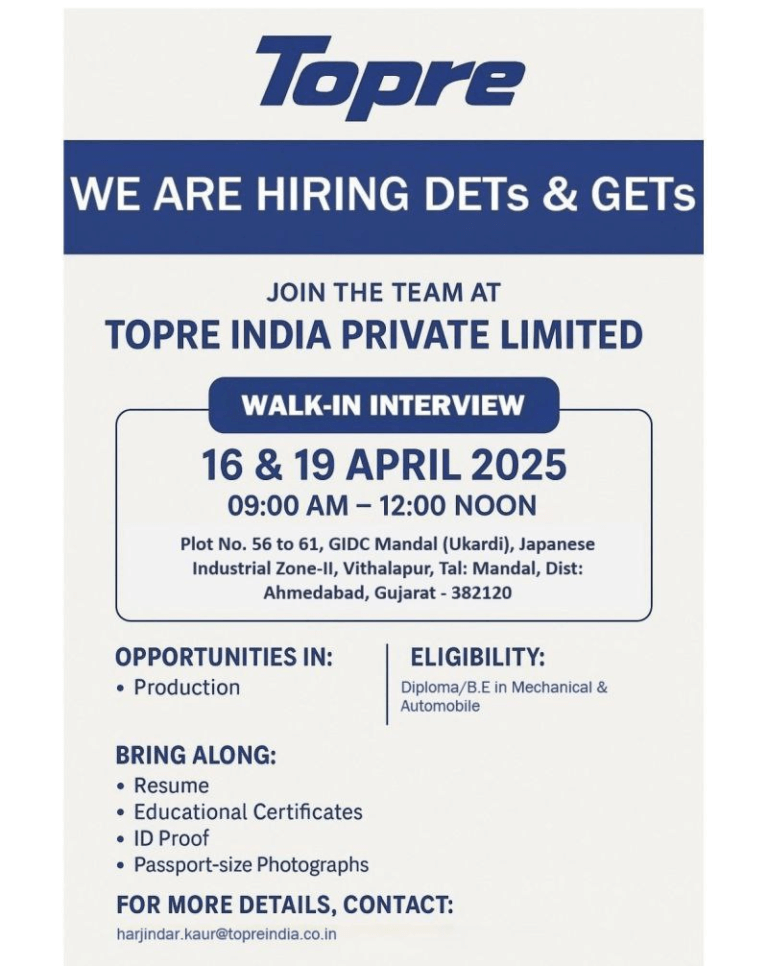Are you interested in working as a Diploma Engineer Trainee (DET) in L&T Construction, one of the leading engineering and construction companies in India? If yes, then you might be wondering what the interview process is like and how to prepare for it. In this blog post, we will share some insights and tips based on the experiences of previous candidates who applied for this role.
The DET interview process in L&T Construction usually consists of three rounds: a written test, an HR interview and a technical interview. The written test is conducted online and covers topics such as aptitude, reasoning, English and technical subjects related to your branch of engineering. The test duration is 120 minutes and the difficulty level is moderate. You must score at least 60% marks to qualify for the next round.
HR Interview Round
The HR interview is conducted by a senior manager or an HR representative from L&T Construction. They will ask you questions about your personality, your strengths and weaknesses, your goals and aspirations, your family background and your hobbies and interests. They will also evaluate your communication skills, your attitude and your fitment with the company culture and values. Some of the common HR questions that are asked with possible answers for freshers:
Tell me about yourself.
I am Manish Mahato and I have done diploma in civil engineering from ABC College with a passion for designing and building structures. I have completed several academic projects and internships that have given me exposure to various aspects of civil engineering, such as surveying, drafting, estimating, and quality control. Some of my achievements include designing a bridge model using AutoCAD, conducting a soil analysis for a residential building, and preparing a cost estimate for a road construction project. I have also participated in various extracurricular activities, such as technical quizzes, paper presentations, and cultural events. I am a hard-working, creative, and enthusiastic person who is eager to learn and grow as a civil engineer.
Why do you want to join L&T Construction?
I want to join L&T Construction because it is one of the leading and most reputed companies in the construction industry. I admire the quality and diversity of the projects that L&T Construction has executed, such as airports, metro rail, highways, dams, and power plants. I also appreciate the values and culture of L&T Construction, such as professionalism, integrity, innovation, and social responsibility. I believe that working for L&T Construction will provide me with an excellent opportunity to apply my skills and knowledge to challenging and rewarding projects and learn from the best experts in the field.
What are your short-term and long-term goals?
My short-term goal is to join a reputed company like L&T Construction and gain practical experience and exposure to various aspects of civil engineering. I want to work on different types of projects and learn from my seniors and peers. I also want to enhance my technical and soft skills by attending training programs and workshops. My long-term goal is to become a competent and successful civil engineer who can handle complex and large-scale projects independently. I want to contribute to the development and progress of society and the environment through my work.
How do you handle stress and pressure at work?
I understand that stress and pressure are inevitable in any work environment, especially in the construction industry where deadlines, budgets, quality standards, and safety regulations have to be met. However, I believe that stress and pressure can be managed effectively by adopting some strategies, such as:
- Planning ahead: I try to plan my work in advance and prioritize my tasks according to their urgency and importance. I also set realistic goals and expectations for myself and others.
- Communicating well: I communicate clearly and regularly with my team members, supervisors, clients, and stakeholders. I seek feedback and guidance whenever needed and update them on the progress and status of the work.
- Taking breaks: I take short breaks during work to relax and refresh myself. I also engage in some physical activities, such as walking, jogging, or yoga, to relieve stress and stay fit.
- Seeking support: I seek support from my family, friends, colleagues, or mentors when I feel overwhelmed or stressed. I also share my problems and concerns with them and listen to their advice and suggestions.
How do you work in a team and deal with conflicts?
I believe that teamwork is essential for achieving success in any project or task. I enjoy working in a team and collaborating with others who have different skills, perspectives, and backgrounds. I respect the opinions and ideas of others and try to contribute positively to the team’s goals. I also communicate openly and honestly with my team members and give constructive feedback when required. When dealing with conflicts in a team, I try to adopt a calm and rational approach. I listen to both sides of the argument and try to understand their point of view. I also try to find common ground or a compromise that is acceptable to both parties. If the conflict cannot be resolved within the team, I seek help from a third party or a higher authority.
What are your strengths and weaknesses as an engineer?
Some of my strengths as an engineer are:
- Creativity: I enjoy finding new and better ways to solve problems and create solutions.
- Analytical thinking: I can apply logical reasoning and scientific principles to analyze data and information.
- Communication: I can communicate effectively with different audiences, such as clients, colleagues, and supervisors, using various modes, such as oral, written, and visual.
- Learning: I am always eager to learn new skills and technologies and keep myself updated with the latest trends and developments in engineering.
Some of my weaknesses as an engineer are:
- Time management: Sometimes I get too absorbed in my work and lose track of time. This can affect my ability to meet deadlines and balance multiple tasks.
- Delegation: I tend to take on more responsibility than I can handle. This can lead to stress and burnout. I need to learn how to delegate some tasks to others and trust them to do their job well.
- Perfectionism: I strive for excellence in everything I do, but sometimes this can make me too critical of myself and others. I need to learn how to accept feedback gracefully and appreciate the good aspects of my work.
Technical Interview Round
The technical interview is conducted by a panel of two or three engineers from L&T Construction. They will ask you questions based on your resume, your academic projects, your internship or training experience and your core engineering concepts. You need to demonstrate your knowledge, skills and interest in construction engineering.
To prepare for the DET interview process in L&T Construction, you need to do the following:
- Revise your engineering fundamentals and concepts thoroughly.
- Practice solving aptitude, reasoning and English questions from online sources or books.
- Update your resume and highlight your relevant skills and achievements.
- Research L&T Construction, its vision, mission, values, projects and clients.
- Be confident, honest and polite during the interviews.
We hope this blog post has given you some useful information and guidance on how to crack the DET interview process in L&T Construction. All the best for your future endeavours!


